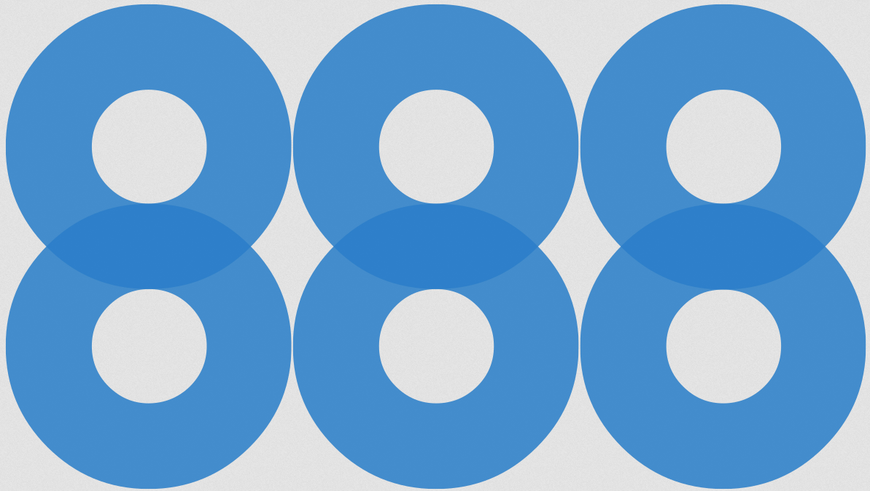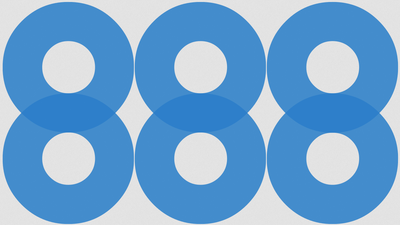

- It is the biggest annual drop in the 13-year record of the company, and the second lowest in absolute revenue.
- 2018 and 2010 are the only years on record where online poker was not the company’s second largest B2C product.
- Over the year, poker constituted just 10% of the group’s B2C revenue; the year prior the share was 16%.
Revenue at 888 Holding’s B2C poker product 888poker collapsed in 2018, declining 37% year-over-year from $77.9 million to $49.0 million.
It is the biggest annual drop in the 13-year record of the company and the second lowest in absolute revenue. It is ahead of only 2010’s $38.4 million, a year post-UIGEA but pre-Black Friday when 888 operated outside the United States but had to compete alongside the likes of PokerStars, Full Tilt and UltimateBet, which remained in the US market.
2018 and 2010 are also the only years on record where online poker was not the company’s second largest B2C product. In 2010, it briefly lost this spot to bingo. In 2018, it loses its crown to online sports betting.
While sports betting, a relatively new product for 888, enjoyed growth in 2018, its expansion has slowed significantly—from 2016 to 2017 it increased almost 50% in size; from 2017 to 2018 the growth was just 6.4%. Online poker losing its second-place ranking has more to do with online poker’s dramatic fall rather than the fortunes of other products.
Over the year, poker constituted just 10% of the group’s B2C revenue; the year prior, the share was 16%. Indeed, if poker’s trajectory continues into 2019, it might be overtaken by bingo once again; a vertical that is itself suffering perennial decline—just not to the extent of poker.
Online casino is the stalwart. Growing 8% year-over-year, it is the eighth year of uninterrupted growth. It now accounts for a full two-thirds of the group’s B2C revenue, up from 60% in the two years prior.
Second-half results make for even more sobering reading for 888poker. At just $18.4 million, H2 revenue almost halved year-over-year. To put it another way, 888poker generated less revenue in the second half of the year than it did in every quarter dating from Q1 2014 to Q2 2017, the most recent quarter on record.


